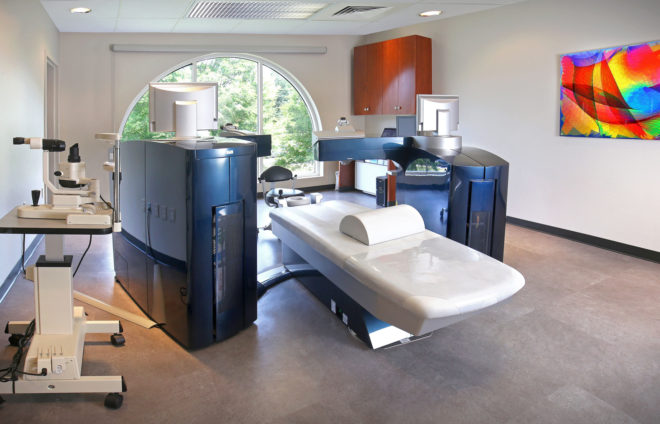
If you have already had LASIK once, you probably remember that incredible feeling of waking up the next morning and being able to see your alarm clock. Maybe it was in the middle of the night when your child was crying, and you could actually see your way through the dark without fumbling for glasses. Being free of glasses and contacts brings joy and relief to so many day-to-day activities - no one ever wants to go back to contacts or glasses after experiencing this freedom! That’s why we’re here to answer some common questions people have years after their LASIK surgery.
While this is a question a lot of people ask, in reality, your LASIK has not “worn off” – your eyes are aging.
Contrary to some rumors out there, LASIK does not “wear off.” If you are deemed an ideal candidate for LASIK and have a qualified surgeon with leading-edge technology, you can expect to experience this level of vision for 15-20 years. But LASIK eye surgery does not stop the aging process; your eyes are part of the human body, which is constantly aging and changing. Some common vision problems related to aging are:
While the answer to this is yes, most people only need LASIK once.
If you are properly evaluated by an experienced LASIK surgeon, you are deemed an ideal candidate medically, and it is the right time in your life to have your vision surgically corrected, then you will likely not need a second LASIK treatment. However, your body is not a computer (although, even computers age and have issues)! Your body is constantly changing, and there are rare occasions that your post-LASIK vision can decline. If this is the case, you can take the following steps:
If you have more questions about having LASIK more than once or if you would like to schedule your free LASIK consultation, contact us today!